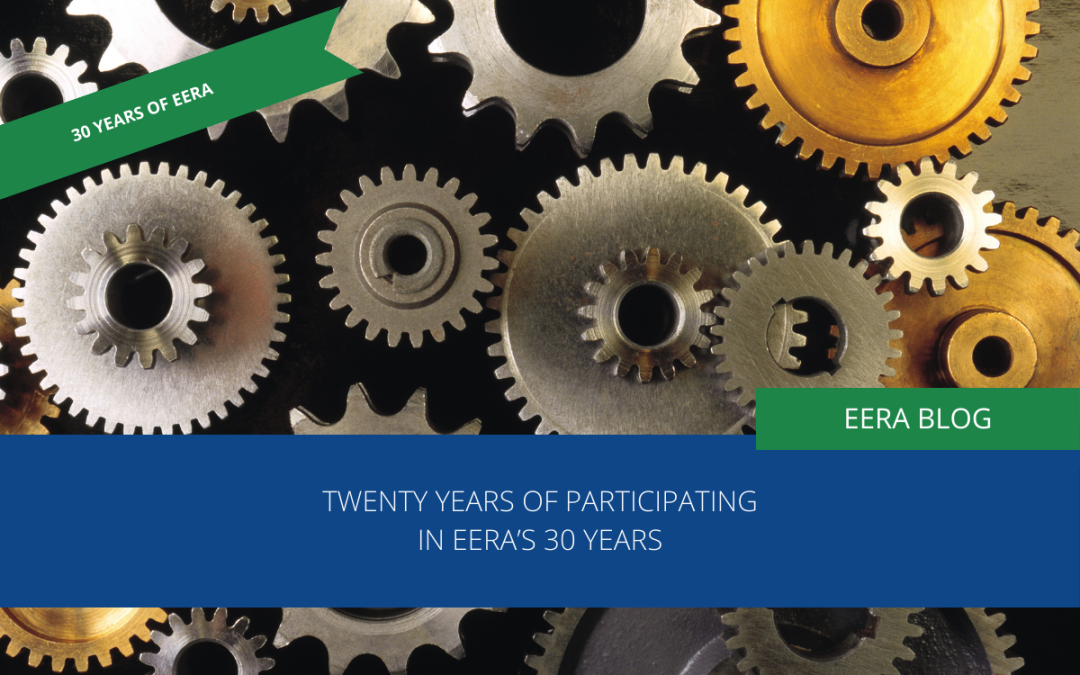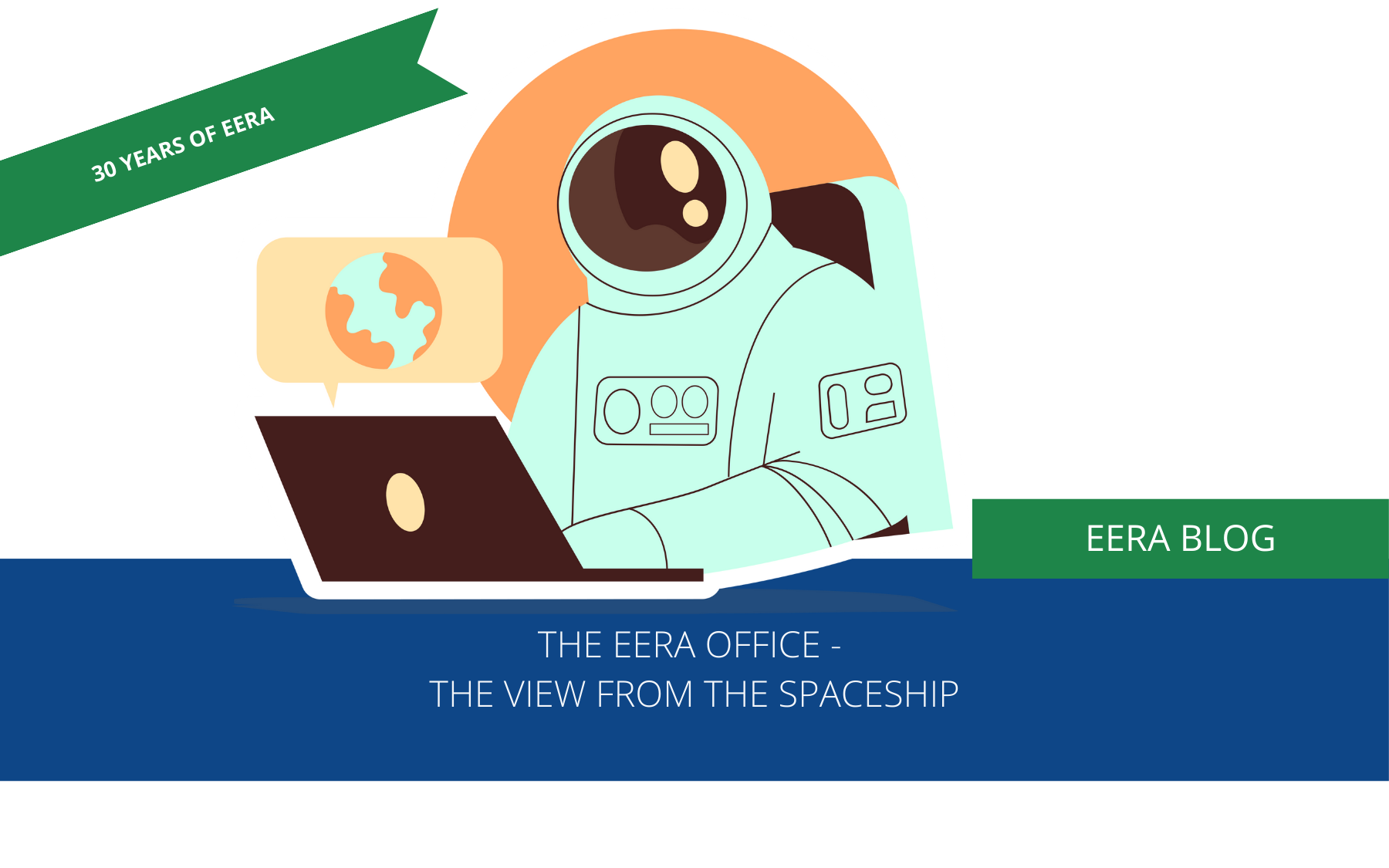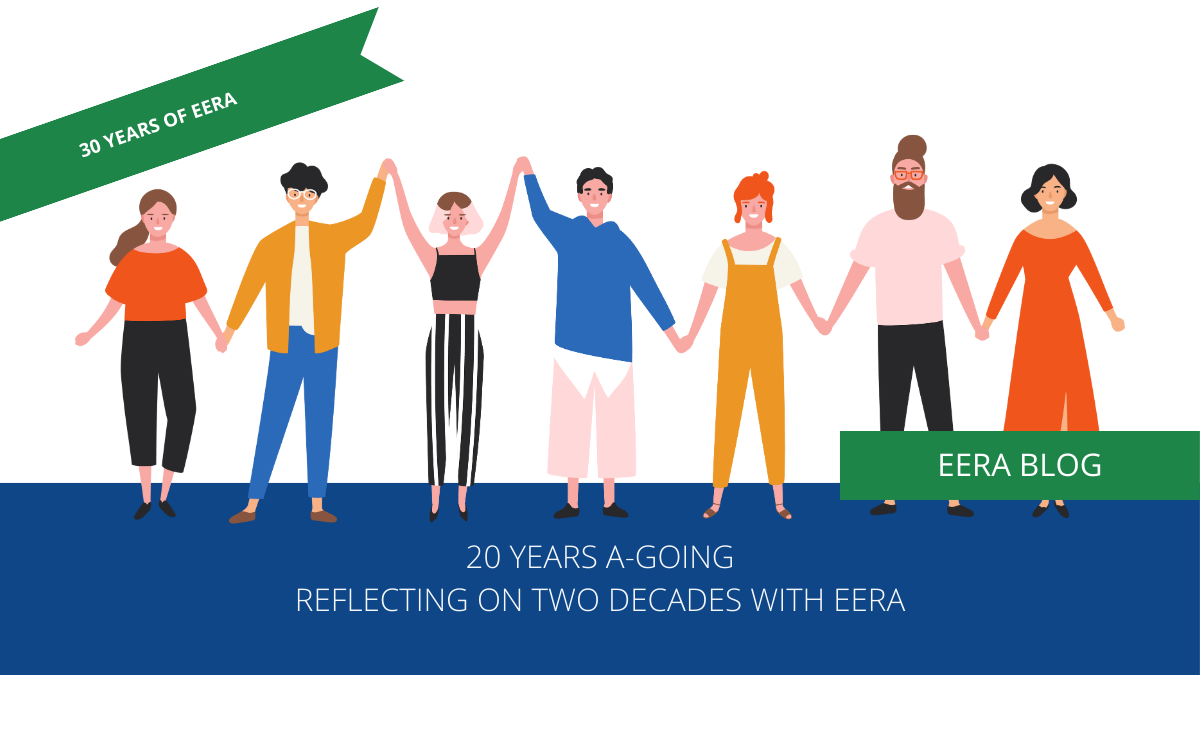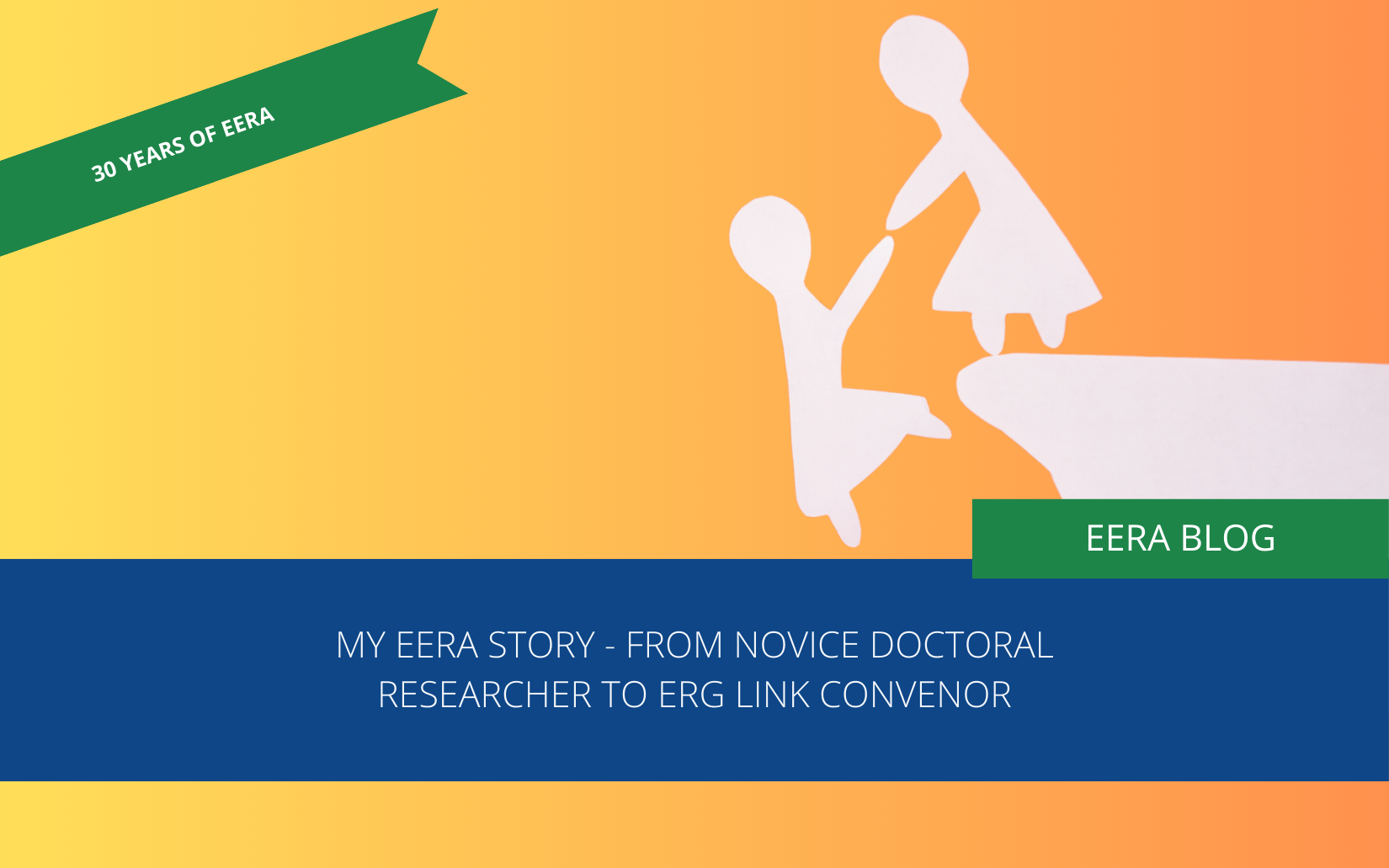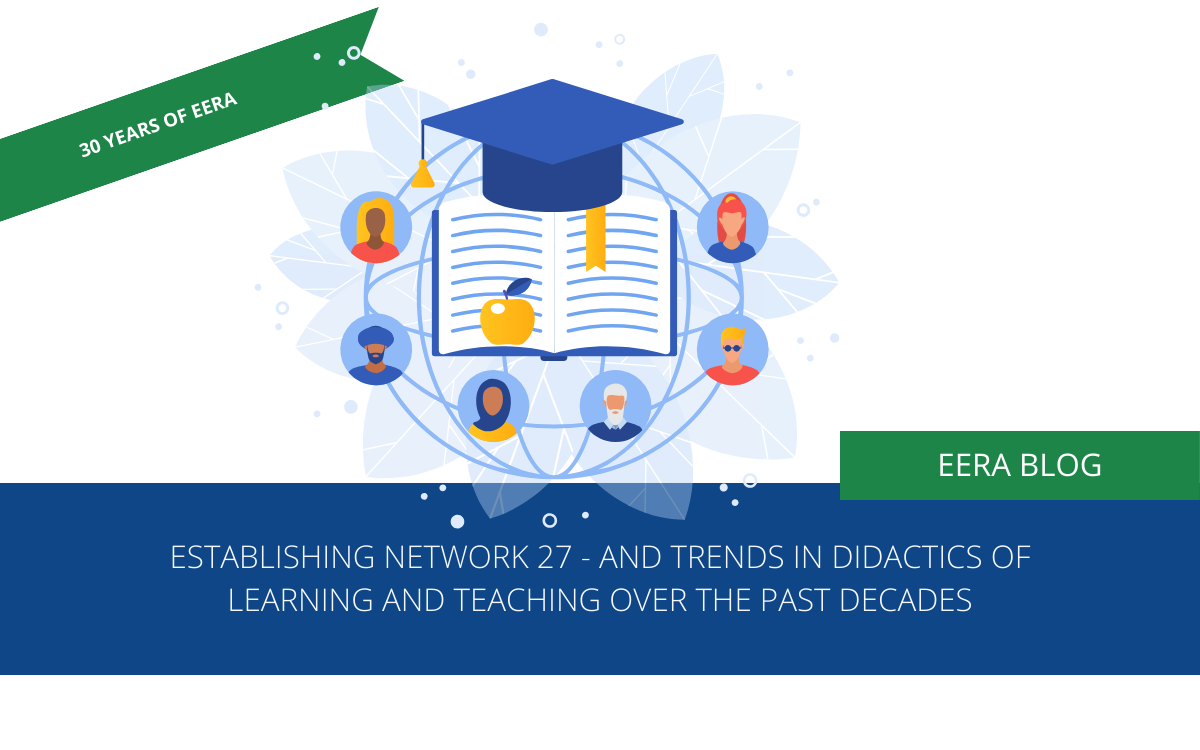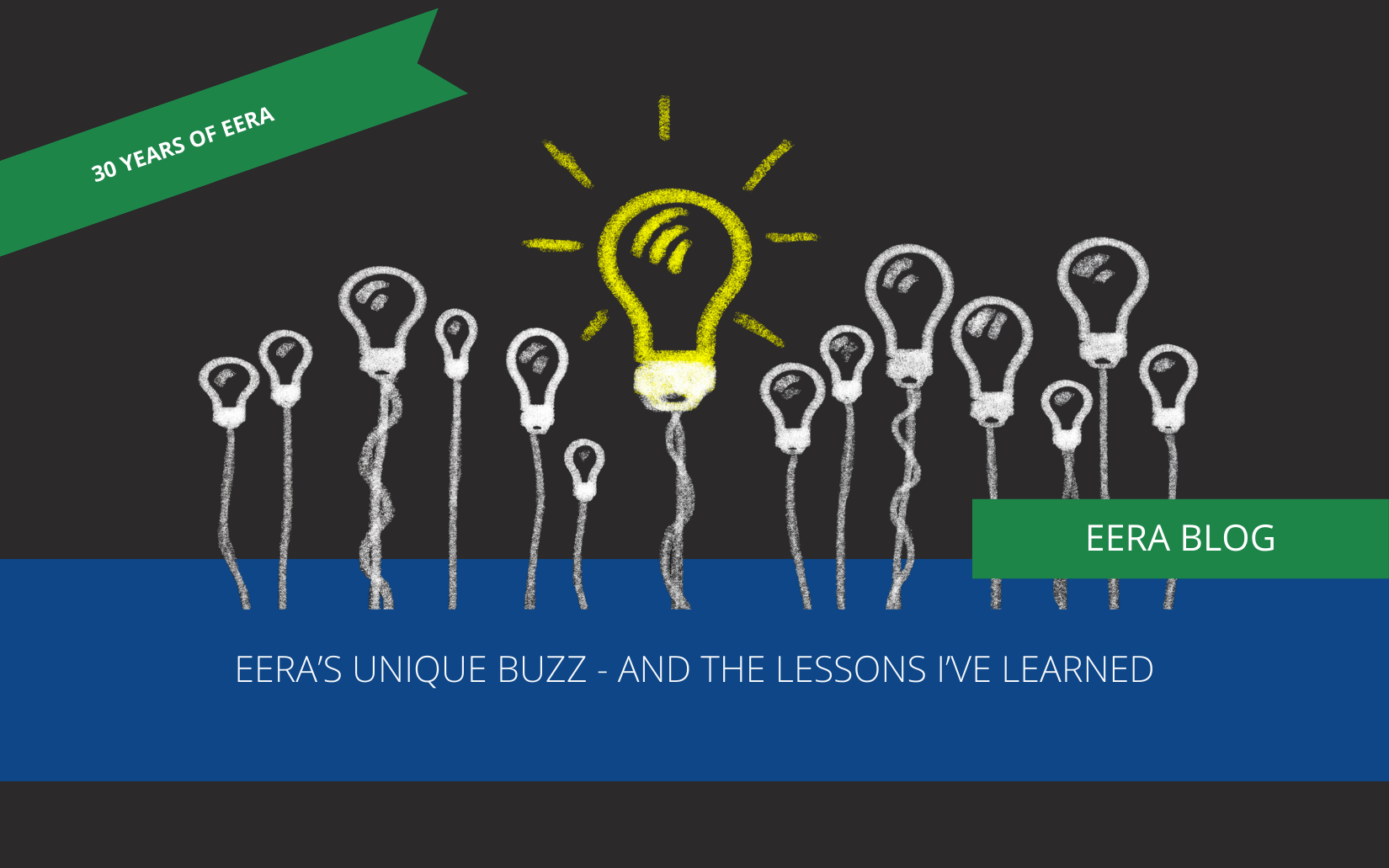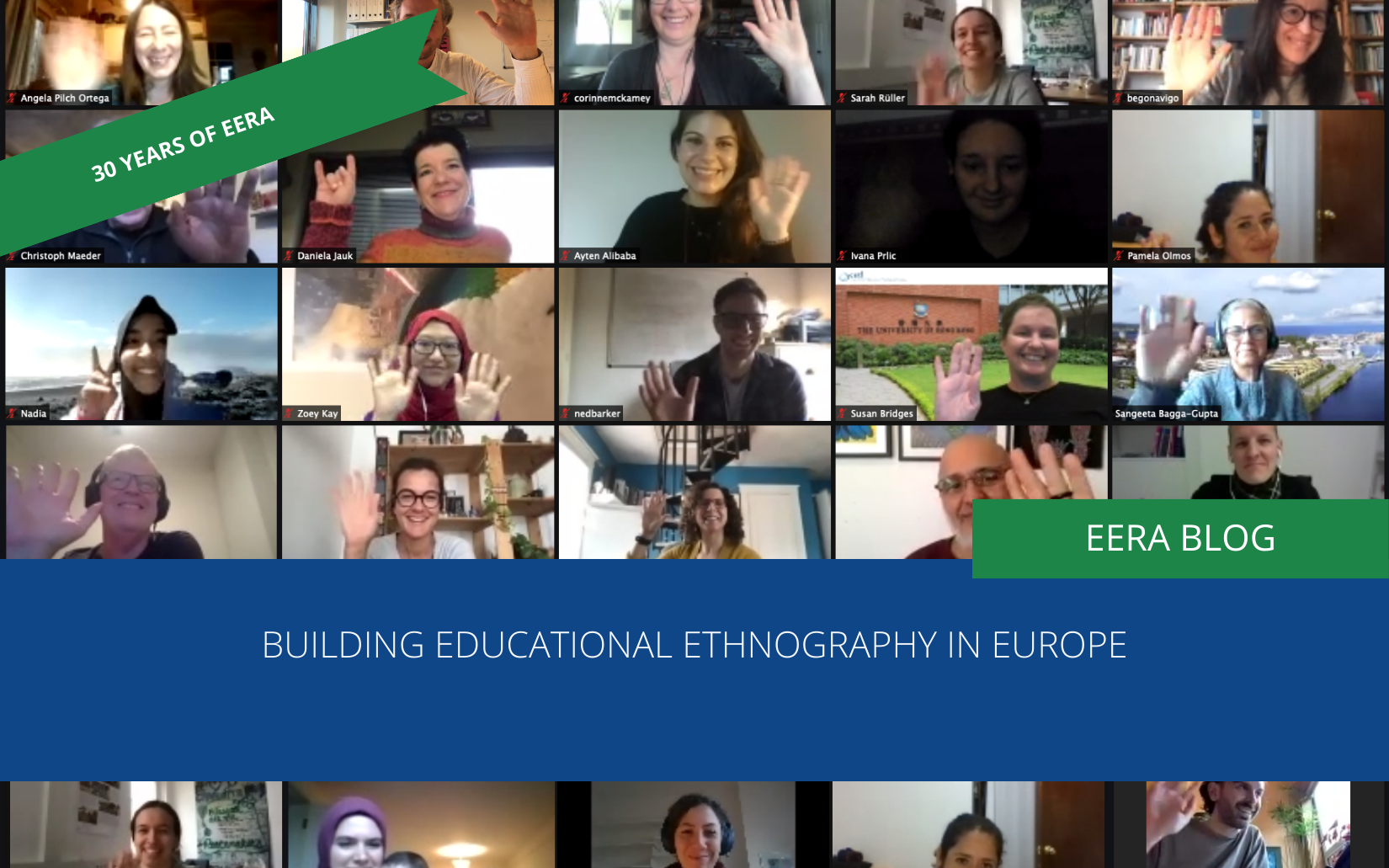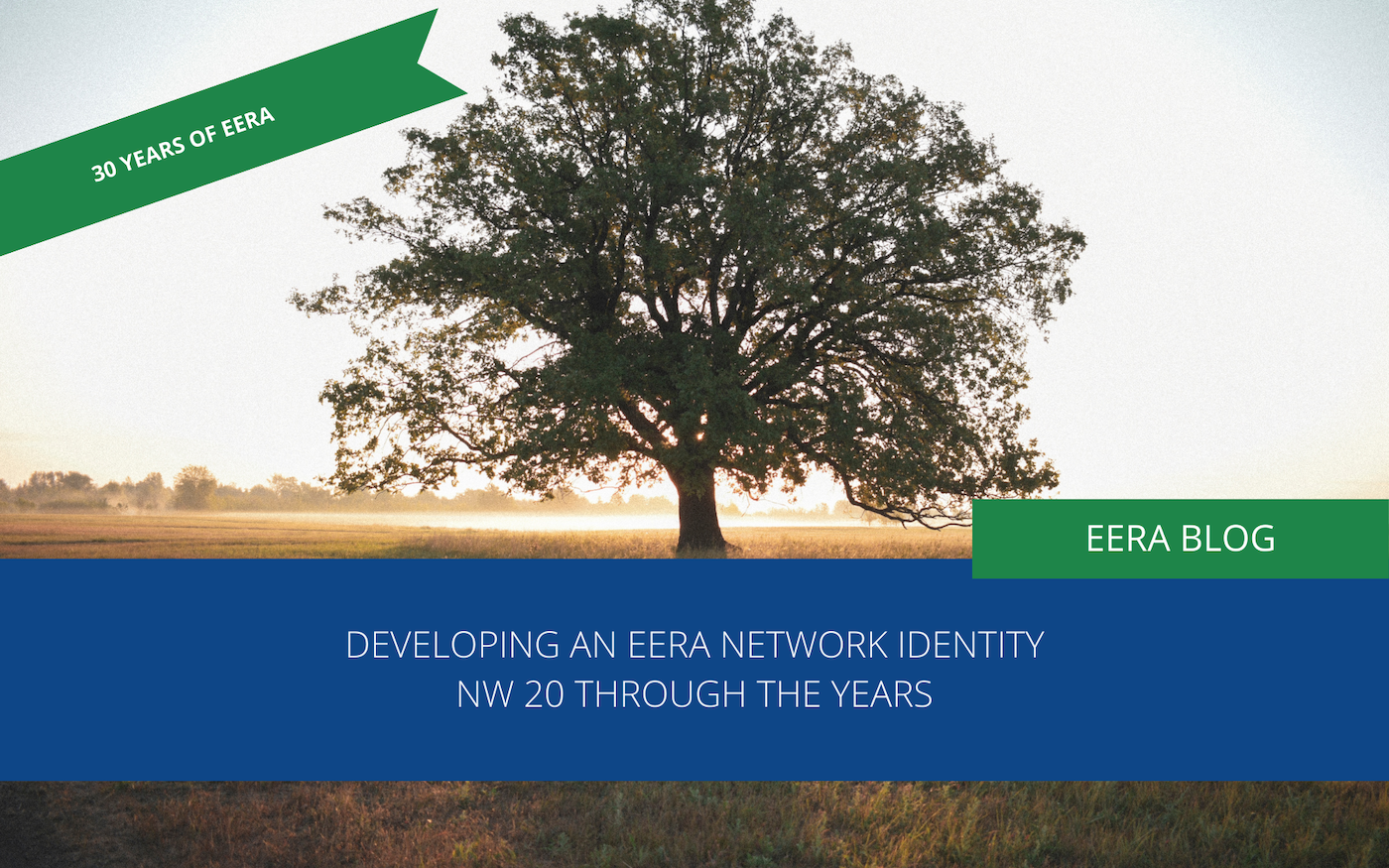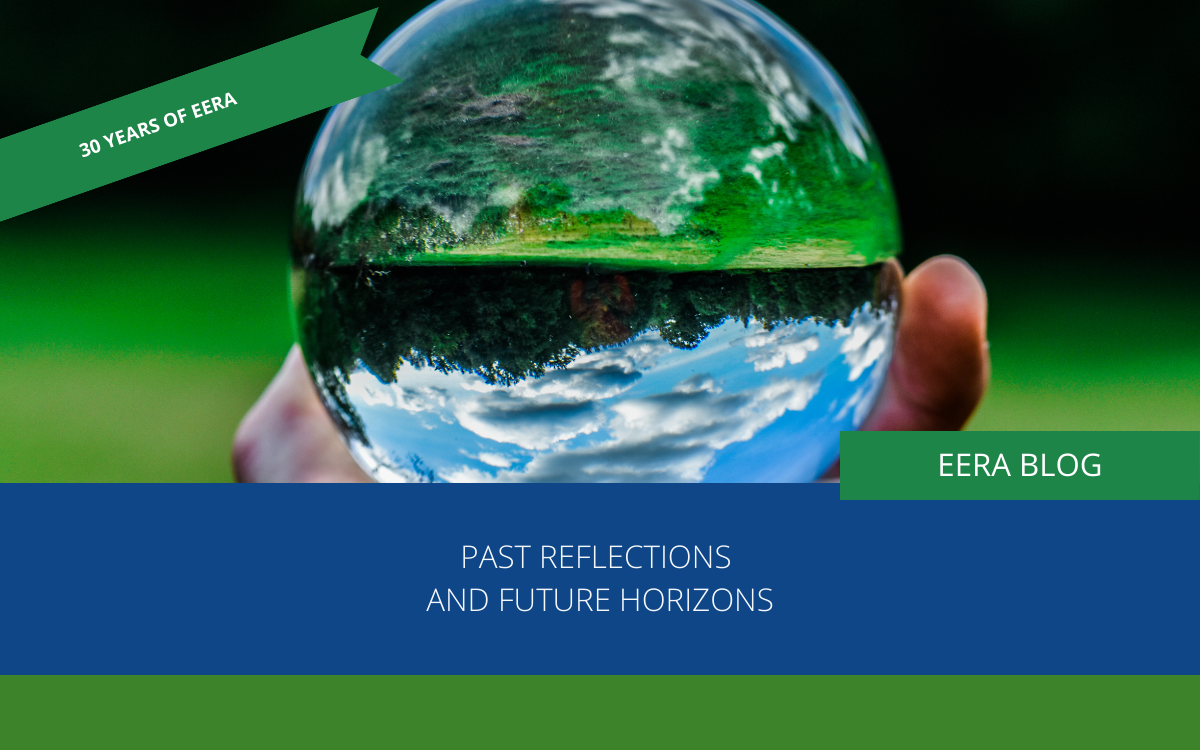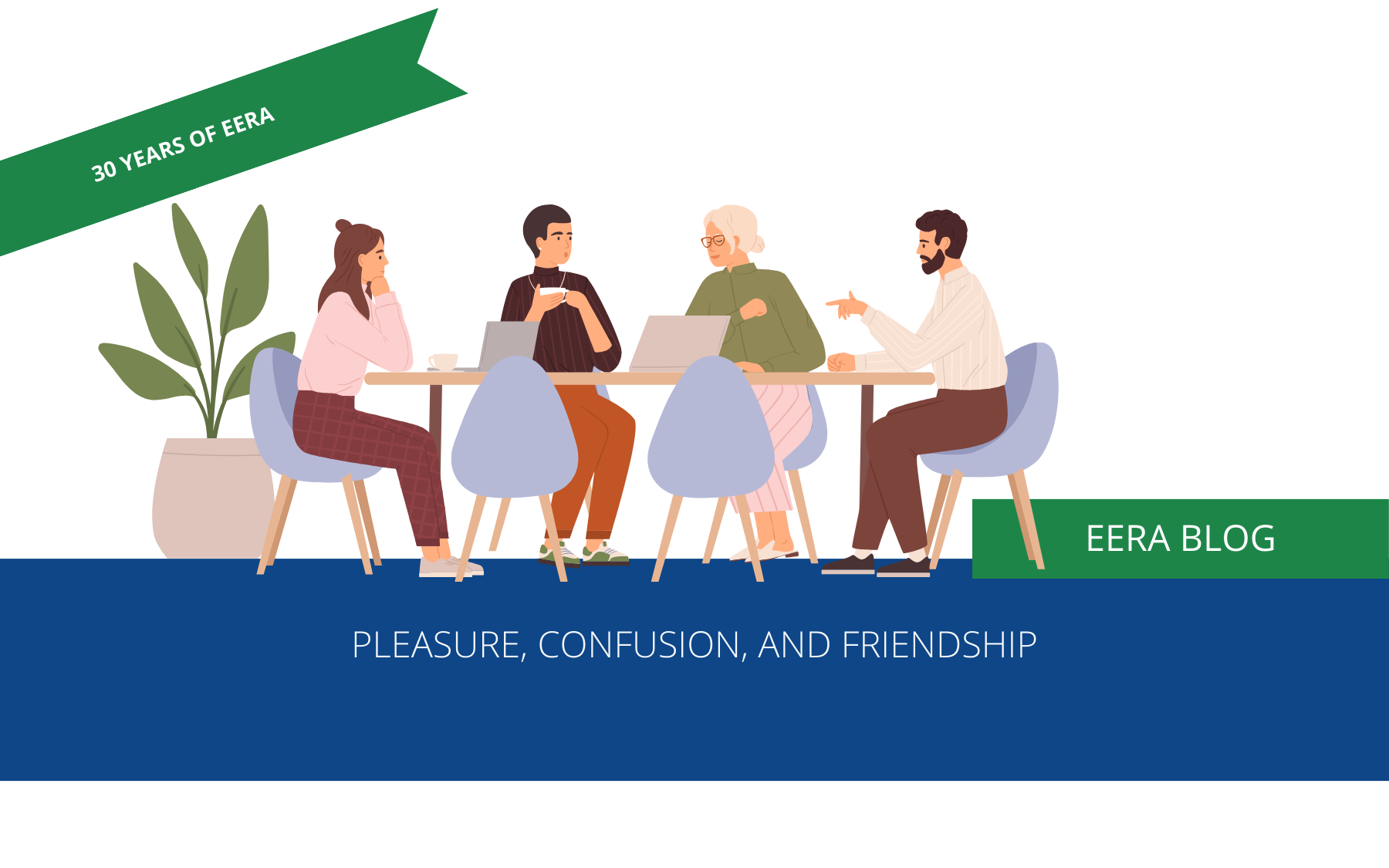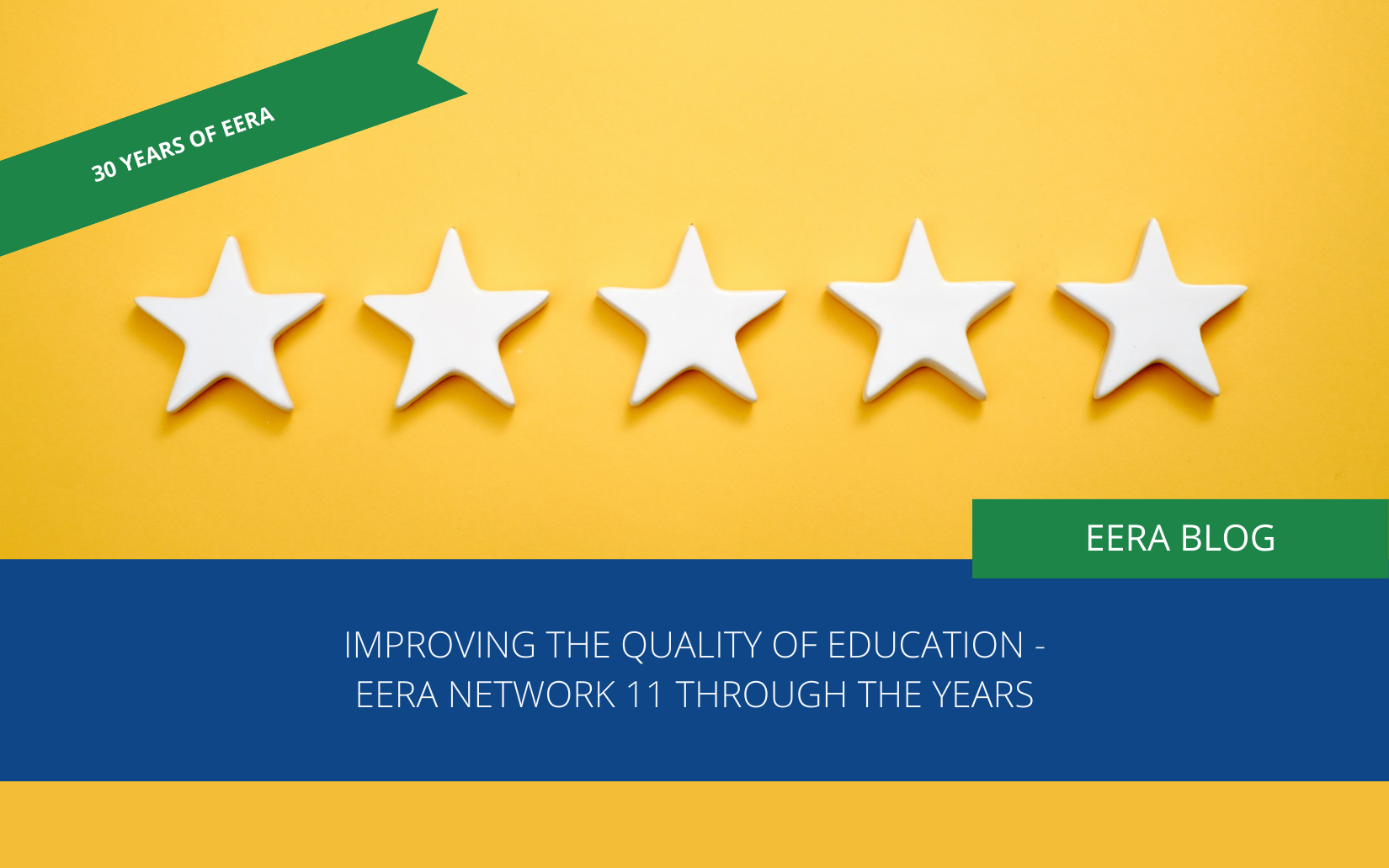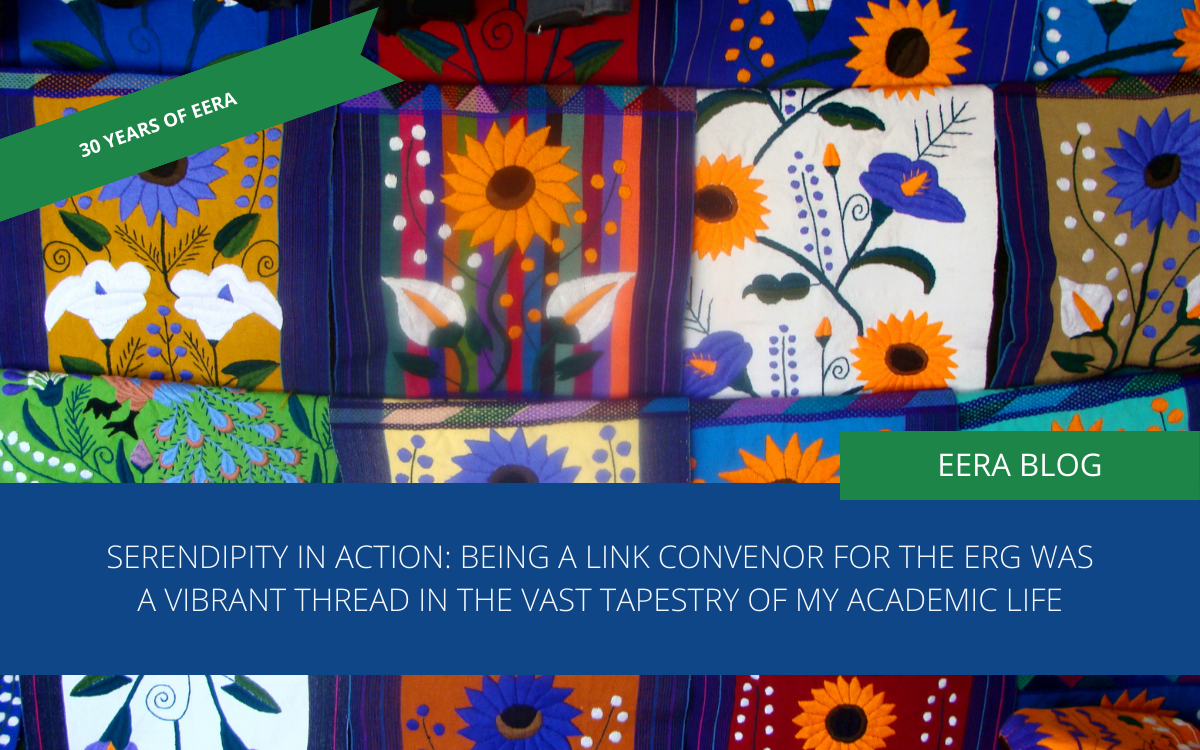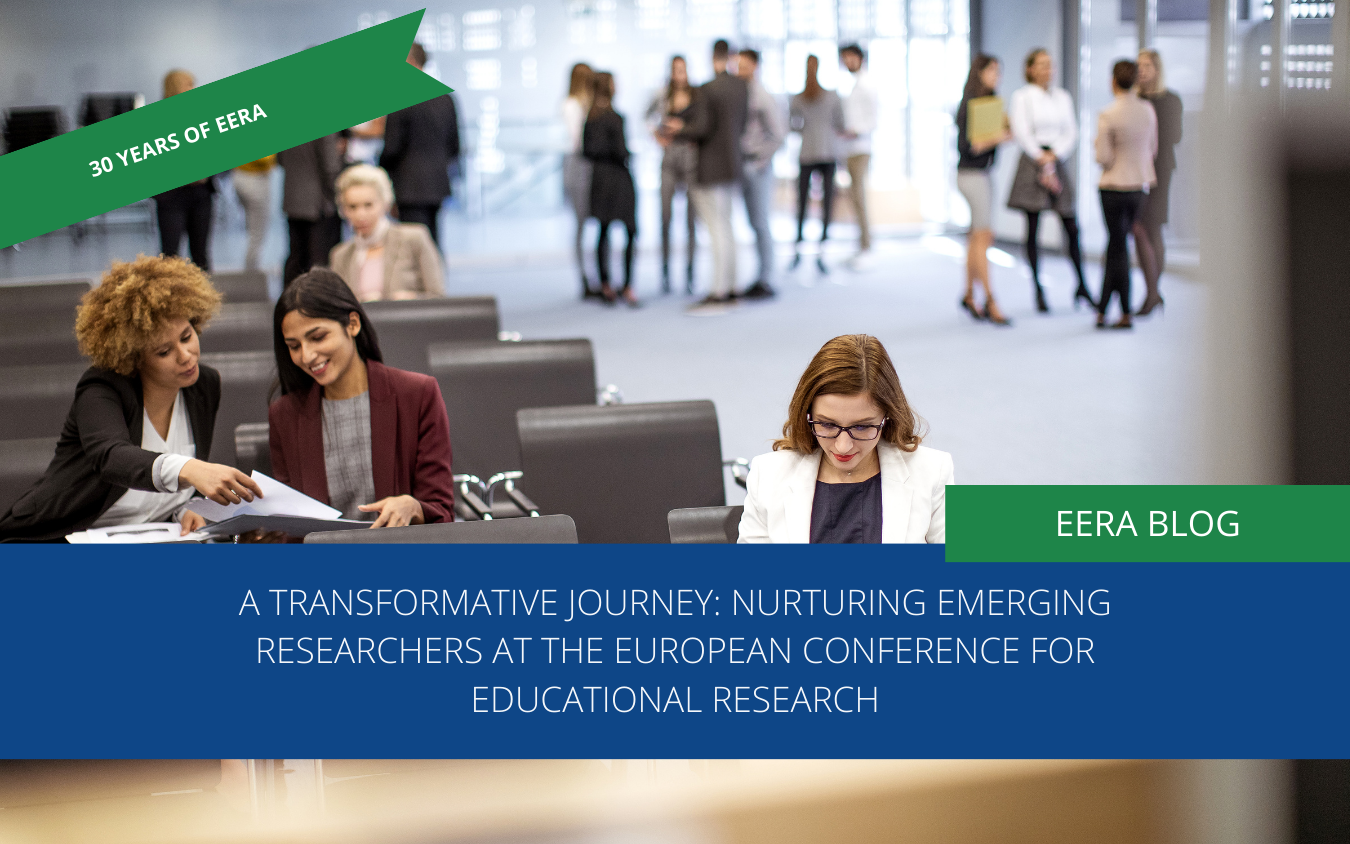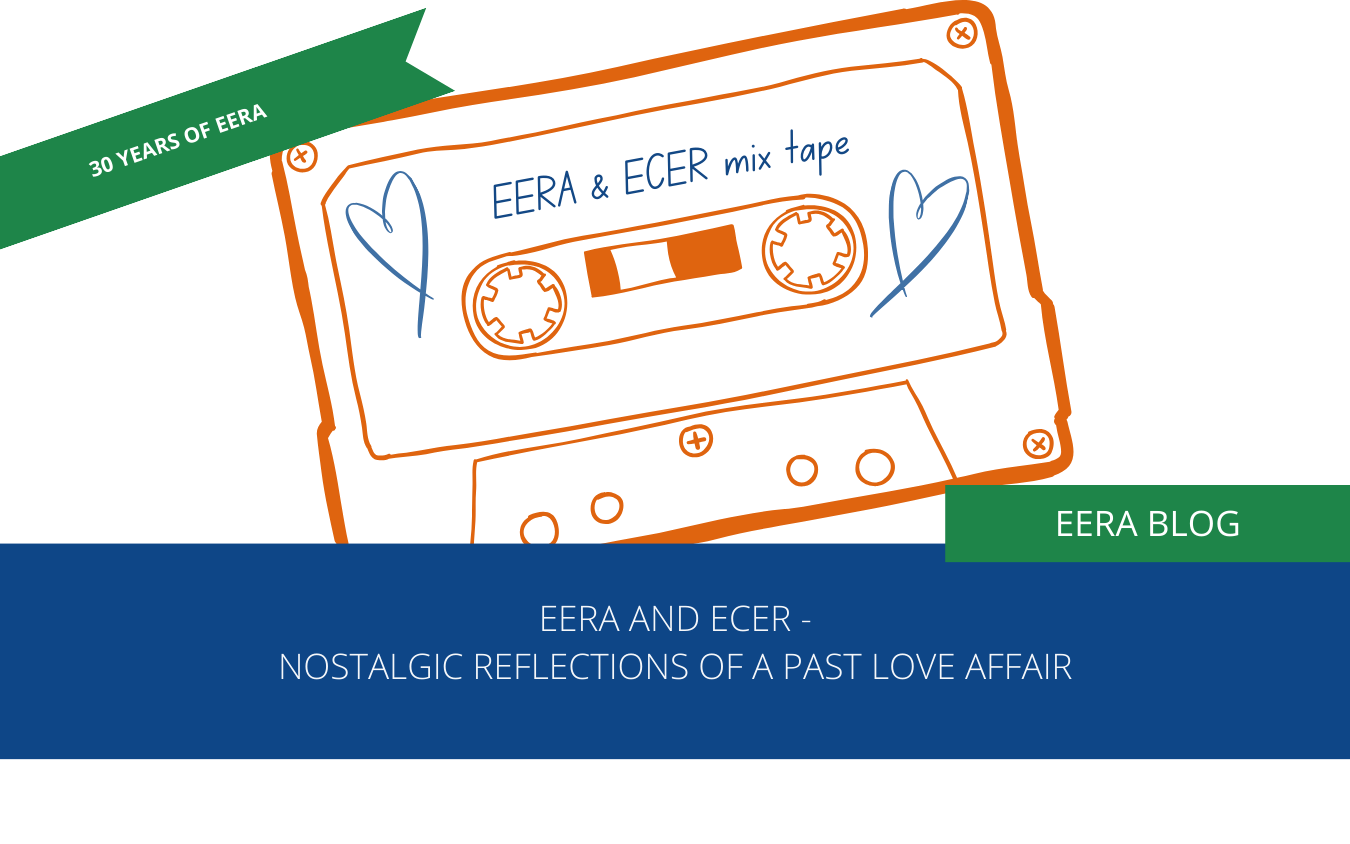EERA is celebrating 30 years in 2024, and as part of our anniversary celebrations, we have invited people who have been at the heart of the association to share their memories and reflections. In a series of blog posts, which will run throughout 2024, we will share those precious memories, from the people who helped foster the global EERA community.
In this blog post, Professor Emeritus of Educational Sciences at Utrecht University in the Netherlands, and previous EERA president, Dr Theo Wubbels reflects on his involvement in EERA over the years, and where the organisation’s future lies.
Memories
Thinking about what to write in an EERA 30th anniversary blog, many memories of interesting, sometimes enjoyable and sometimes tricky, events pop up.
- Mediating between rival associations.
- Watching the recording of a popular television soap and then inspecting the grounds where our conference would have to take place in ten months while it was now a meadow.
- Negotiating a text on fugitives being locked out, or demonstrators being shot at, in the country that hosted ECER.
- Collaborating with many European organizations in the social sciences and humanities (SSH) to ensure the status of SSH research within the EC.
- Sitting in the office with the ever active and cheerful staff (executives come and executives go, but fortunately the office always remains).
- Meeting fruitfully with EERA Council in a far-too-small room; and meeting fruitfully with the Network Convenors in a nice large room.
- Opening and closing ceremonies and panel discussions with keynote speakers in ECER.
- Assisting national associations in statu nascendi.
- Representing EERA in WERA council.
- And many more.
And all these memories are embedded in friendships all over Europe, from Kazakhstan to Ireland and from Helsinki to Cadiz.
My first five years
My involvement in EERA started before it was founded, with my participation in the first ECER held in 1992 at the University of Twente in the Netherlands, organized in conjunction with the national Dutch educational conference; and I was co-organizer of the Dutch conference. As a rather novice educational researcher, I felt it was a kind of requirement of the profession to participate in such a European conference. It soon became evident that for ECER to become a regular event, an association was needed. Happily, several national European organizations, including the Dutch educational research association, invested in creating a European association; EERA in 1994, followed by the second ECER in 1995 in Bath.
I visited the following ECERs and these were a boost for my understanding of educational research and networking. As long as this was possible, I was an individual member of EERA. Meanwhile I became a loyal visitor of EARLI conferences where topics were closer than in EERA to the social psychological perspective of my research. I also frequented the ISATT conferences, that were well-aligned with my work on teaching and teacher education. The annual conference of the American Educational Research Association helped cater for my network in the USA. In my opinion, the quality of all these events outperformed ECERs and I felt that some of the following ECERs were rather badly organized. Therefore, after five years of participation, in 1998 I promised myself never to go to ECER again.
How things can change!
My further 15 years
Despite this promise, ten years later I got involved in EERA again, when I became president of the Dutch educational research association in 2008. This made me an ex officio member of the EERA council, and so a second period of involvement in EERA started. I visited ECERs again, and with much more joy and interest than in the nineties. At that time there was a saying; “the EERA treasurer can be of any nationality as long as it is Dutch”, and thus I started my four-year term as EERA treasurer in 2009. After being a treasurer, I became president-elect and president, completing together almost 10 years of executive roles. During my presidency, my involvement in AERA and EARLI helped to smoothen the relationships with these associations but unfortunately still EARLI and EERA were living too far apart.
Being deeply involved in EERA’s governance and scholarly activities, EERA broadened my perspective again toward more sociological, philosophical and policy aspects of educational research. This helped tremendously in the work I was involved in for research evaluation committees in several countries. Broadening my network through EERA was also very fruitful for my publication record. I became involved in writing papers on EERA with other former and present EERA Executives. I also got the opportunity to contribute chapters in books edited by EERA colleagues, in which I represented the Netherlands with my Dutch colleagues, for example on educational innovation and policy issues.
In addition to the scholarly benefits of participating in EERA, making lifelong friends was an essential and satisfying outcome of my time in EERA. Enjoying the council and executive dinners, coping together with the cold in Vienna and Helsinki and enjoying the warmth of Cadiz, Istanbul and Porto. It all was an enormous pleasure.
What about the future?
There are not many nations missing in EERA, but there are a few to be won over. I cannot wish more than that all European nations have a national educational research association or participate in a regional association. All these associations then hopefully are gathered around the EERA tree. For the European-wide collaboration, it might be needed to further reduce the North-Western dominance in EERA, without losing the strong points the North-Western associations bring to EERA.
EARLI and EERA both have broadened their perspectives, although in EERA the educational psychological perspective is still a bit weak. The broadened perspectives have led to considerable overlap in the activities of the two associations and sometimes even to unfruitful competition. So, I would be very pleased if the two associations in the near future were not so separate from each other. I hope the associations will join forces to help improve the quality and the impact of European education research.
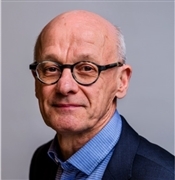
Emeritus Professor Theo Wubbels
Theo Wubbels is emeritus professor of Educational Sciences at Utrecht University in the Netherlands. His research interests developed in his career from the pedagogy of physics education, via problems and supervision of beginning teachers and teaching and learning in higher education to studies of learning environments and especially interpersonal relationships in education. During his career among others he was a physics teacher in a Montessori High school, and served as Director of Teacher Education, Dean of the Graduate School of Social and Behavioural Sciences, Admissions Dean and Vice-rector for Teaching and Learning of Utrecht University. He was treasurer (2009 – 2013) and president of the European Educational Research Association (2014 – 2018). He published over 200 international journal articles and edited several books in Dutch and English. He is fellow of the American Educational Research Association.

